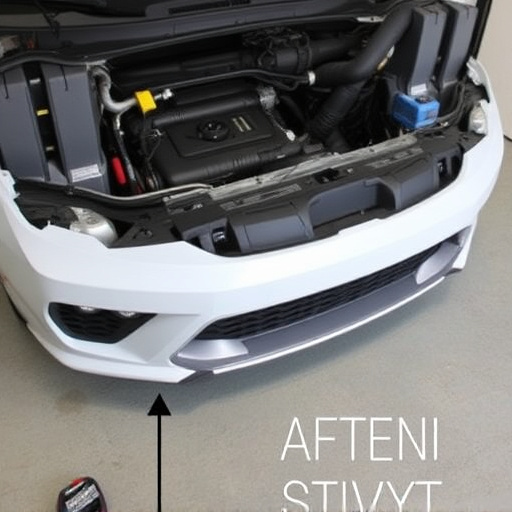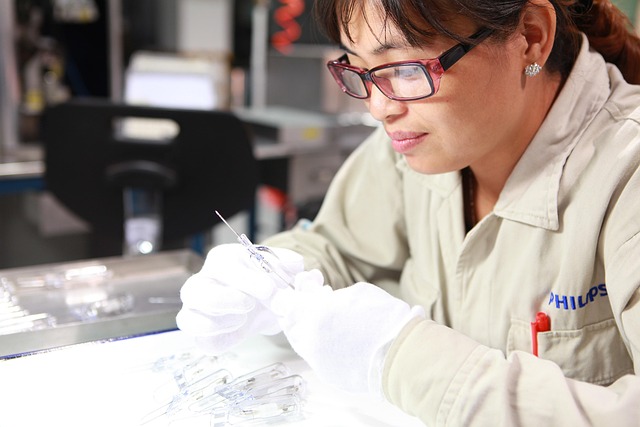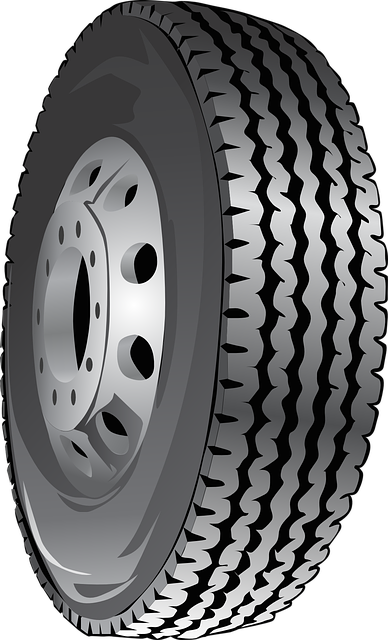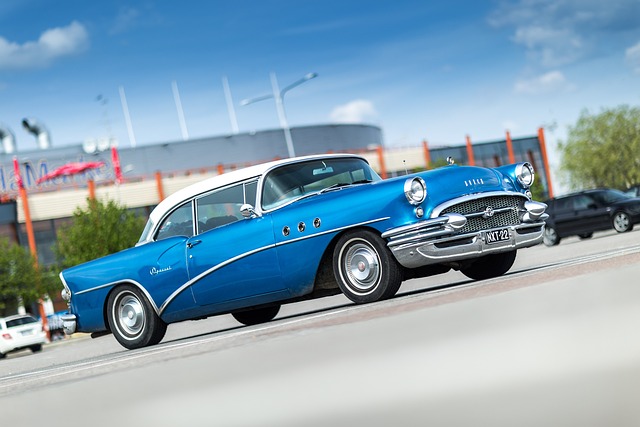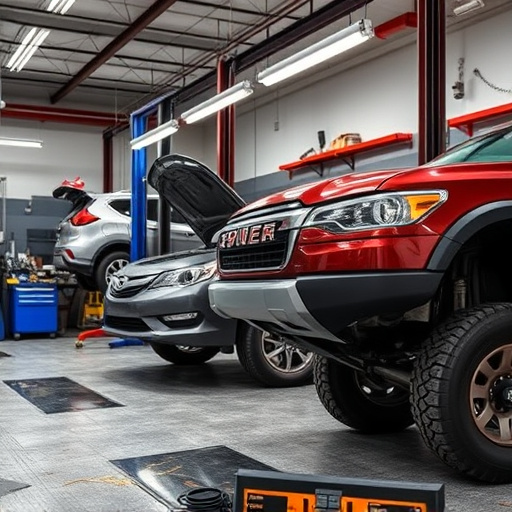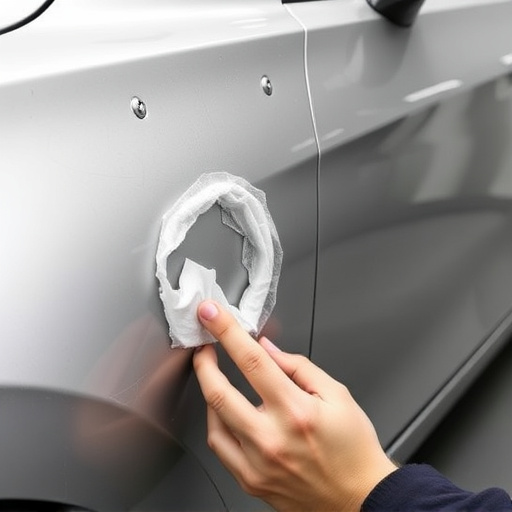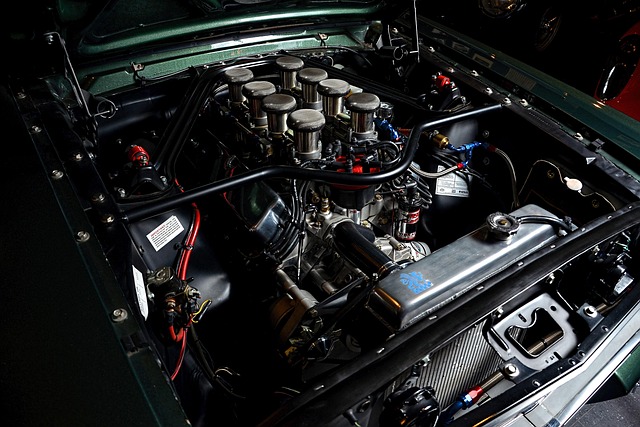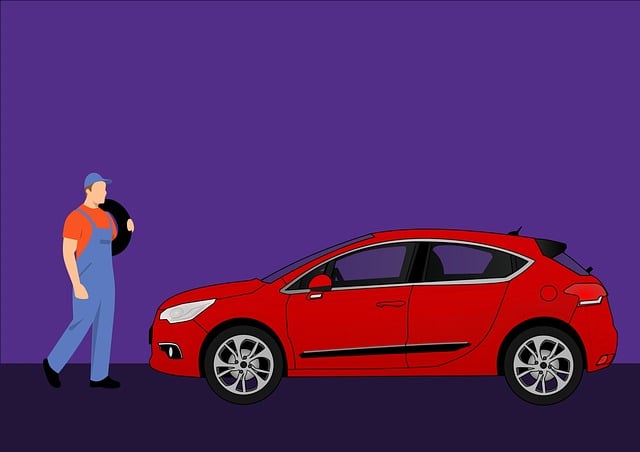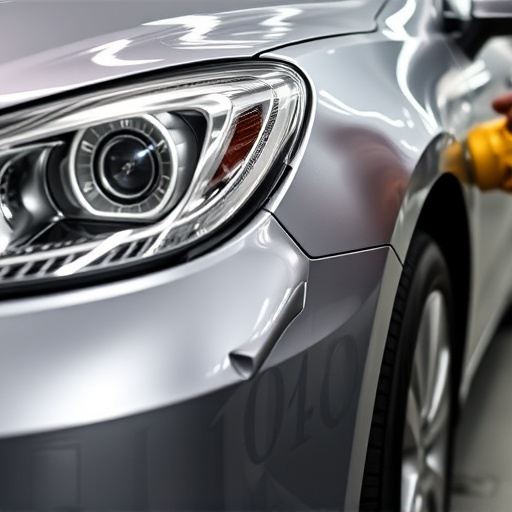Understanding paint composition is crucial for efficient and eco-friendly paint preparation in automotive body shops. Modern practices prioritize low-VOC or water-based paints to minimize air pollution and waste, adhering to regulatory standards. Collision repair centers adopt sustainable methods like water-based products and advanced dent removal technologies, reducing environmental impact while appealing to environmentally conscious customers.
In today’s eco-conscious world, understanding the environmental impact of paint preparation processes is paramount. This article delves into crucial aspects of paint preparation, focusing on sustainable practices and minimizing waste. We explore the intricate links between paint composition and its ecological consequences, offering insights into how industry professionals can adopt eco-friendly solutions. From innovative techniques to best practices, this guide equips readers with knowledge to navigate a more sustainable paint preparation landscape.
- Understanding Paint Composition and Its Impact
- Sustainable Solutions for Waste Reduction
- Eco-Friendly Practices in Preparation Processes
Understanding Paint Composition and Its Impact

Understanding paint composition is a critical aspect of efficient paint preparation, especially in an automotive body shop. Different paints have distinct ingredients and chemical properties that can significantly impact their environmental footprint during application and curing. For instance, traditional paints often contain volatile organic compounds (VOCs) that contribute to air pollution if not handled properly. In contrast, modern eco-friendly paints are formulated with lower VOC content or even water-based alternatives, reducing the environmental strain on both the workplace and surrounding areas, including nearby car body repair facilities.
This knowledge is crucial for optimising paint preparation processes in auto glass repair settings as well. By selecting appropriate paints tailored to their composition and understanding their environmental impacts, automotive body shop professionals can ensure that they are not only adhering to regulatory standards but also contributing to a greener, more sustainable future. Effective paint preparation involves managing these compositions to minimise waste, reduce emissions, and ultimately create a healthier work environment for employees and surrounding communities.
Sustainable Solutions for Waste Reduction

In the realm of paint preparation, sustainable solutions for waste reduction are becoming increasingly vital as we navigate an era where environmental considerations are at the forefront of industrial practices. The traditional methods of paint preparation often involve significant waste generation, from excess paint discarded during application to the release of volatile organic compounds (VOCs). To mitigate these issues, the industry is embracing eco-friendly alternatives that not only minimize environmental impact but also offer economic benefits.
One such solution is the adoption of water-based paints and coatings, which reduce VOC emissions and paint waste. These products are easily recyclable and require less energy for production compared to their solvent-based counterparts. Moreover, many modern paint preparation processes incorporate advanced technologies like precision application systems and computer-aided design software to optimize material usage, ensuring that only the necessary amount of paint is used. This shift towards sustainability not only benefits the environment but also caters to those seeking reliable auto repair near me or vehicle bodywork services from collision repair centers committed to eco-friendly practices.
Eco-Friendly Practices in Preparation Processes

In recent years, as environmental awareness has grown, so has the emphasis on eco-friendly practices across various industries—including paint preparation processes. Collision repair centers and vehicle body repair shops are now incorporating sustainable methods into their operations to reduce waste, minimize pollution, and lower the carbon footprint associated with traditional paint preparation techniques. One key area of focus is the shift towards water-based paints and solvents, which significantly decrease the release of harmful volatile organic compounds (VOCs) compared to solvent-based counterparts.
These green practices extend beyond the choice of paint. Dent removal processes, for instance, are evolving to be less destructive and more environmentally friendly. Advanced technologies like pneumatic tools and specialized dent pulling equipment have replaced some of the older, more energy-intensive methods. Additionally, many repair centers now employ closed-loop recycling systems for paint waste, ensuring that discarded materials are properly recycled or reused, further mitigating environmental impact in both collision repair centers and vehicle body repair shops.
In the realm of paint preparation, environmental considerations are no longer an optional aspect but a vital component. By understanding paint composition and its impact, embracing sustainable solutions for waste reduction, and implementing eco-friendly practices in preparation processes, we can create a greener future without compromising quality. These measures not only protect our planet but also foster a healthier living environment for all. Therefore, it’s crucial for both professionals and homeowners to prioritize these environmental aspects in their paint preparation routines.

